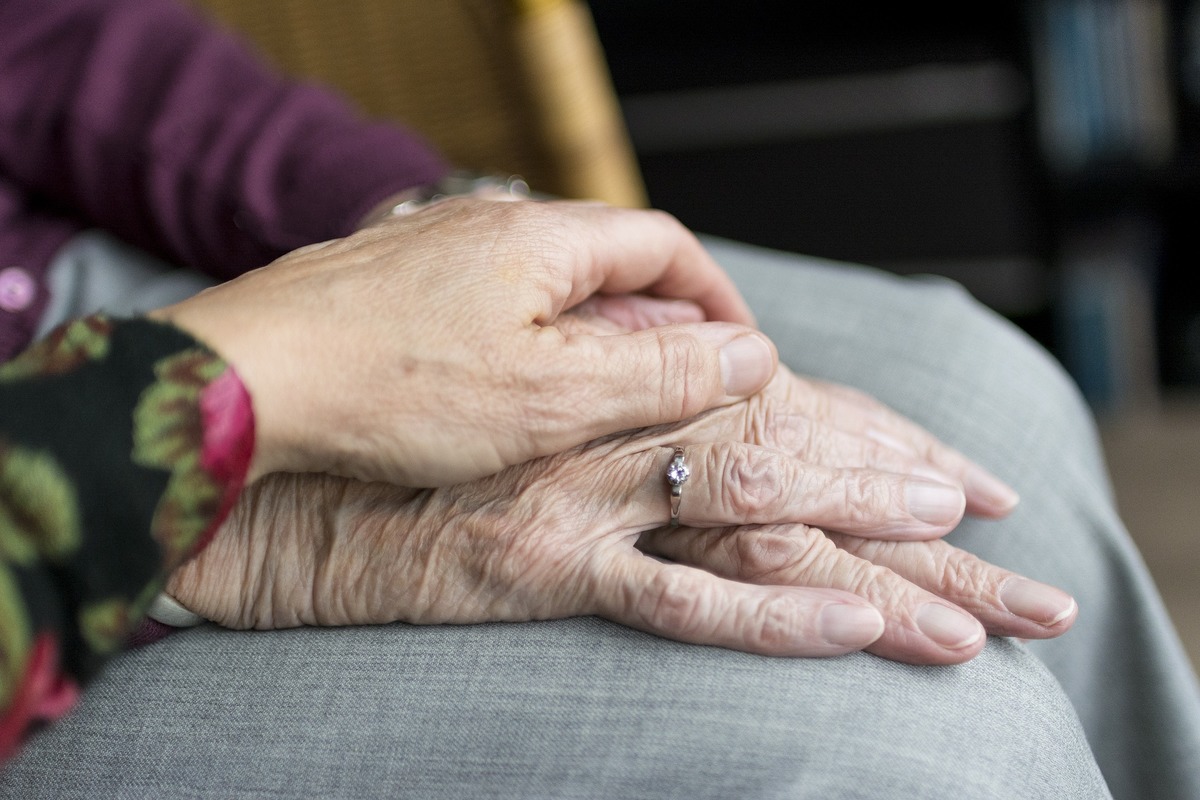
Urge Legislators to Support Real Care at the End of Life, NOT Assisted Suicide
The Problem
The newest legislative proposal for doctor-assisted suicide, H.F. 1358, will degrade the trusting relationship patients have with their provider and will harm vulnerable people. Protecting the choices of a few by legalizing assisted suicide will endanger the health care choices of all.
Church Teaching
As Catholics, we are called to uphold human dignity and protect the most vulnerable among us. Legalization of assisted suicide works against this principle because death is hastened when it is thought that a person’s life no longer has meaning or purpose.
Pope Francis has spoken out against the legalization of assisted suicide saying in 2019 that, “we can and must reject the temptation, also induced by legislative changes, to use medicine to support a possible willingness of the patient to die, providing assistance for suicide or directly causing death by euthanasia.”
The Catechism also teaches us that assisted suicide and “whatever its motives and means, direct euthanasia consists in putting an end to the lives of handicapped, sick or dying persons…is morally unacceptable” (CCC, 2277). Instead, we are called to create principled care models that support the medical needs of all people.
As Catholics, we are called to correct injustices as they persist in the social order and to use our position as faithful citizens to protect the poor and vulnerable. Protecting the choices of a few by legalizing assisted suicide would endanger the health care choices of all.
Learn More
This article discusses Samaritanus bonus: on the Care of Persons in the Critical and Terminal Phases of Life, a new document by the Congregation for the Doctrine of the Faith published in 2020, which reaffirms that assisted suicide is an “intrinsically evil act.”
Join the Minnesota Alliance for Ethical Healthcare, a partner organization of MCC, in advocating for real care throughout life’s journey.
Urge Legislators to Support Real Care at the End of Life, NOT Assisted Suicide
The Problem
The newest legislative proposal for doctor-assisted suicide, H.F. 1358, will degrade the trusting relationship patients have with their provider and will harm vulnerable people. Protecting the choices of a few by legalizing assisted suicide will endanger the health care choices of all.
Church Teaching
As Catholics, we are called to uphold human dignity and protect the most vulnerable among us. Legalization of assisted suicide works against this principle because death is hastened when it is thought that a person’s life no longer has meaning or purpose.
Pope Francis has spoken out against the legalization of assisted suicide saying in 2019 that, “we can and must reject the temptation, also induced by legislative changes, to use medicine to support a possible willingness of the patient to die, providing assistance for suicide or directly causing death by euthanasia.”
The Catechism also teaches us that assisted suicide and “whatever its motives and means, direct euthanasia consists in putting an end to the lives of handicapped, sick or dying persons…is morally unacceptable” (CCC, 2277). Instead, we are called to create principled care models that support the medical needs of all people.
As Catholics, we are called to correct injustices as they persist in the social order and to use our position as faithful citizens to protect the poor and vulnerable. Protecting the choices of a few by legalizing assisted suicide would endanger the health care choices of all.
Learn More
This article discusses Samaritanus bonus: on the Care of Persons in the Critical and Terminal Phases of Life, a new document by the Congregation for the Doctrine of the Faith published in 2020, which reaffirms that assisted suicide is an “intrinsically evil act.”
Join the Minnesota Alliance for Ethical Healthcare, a partner organization of MCC, in advocating for real care throughout life’s journey.
